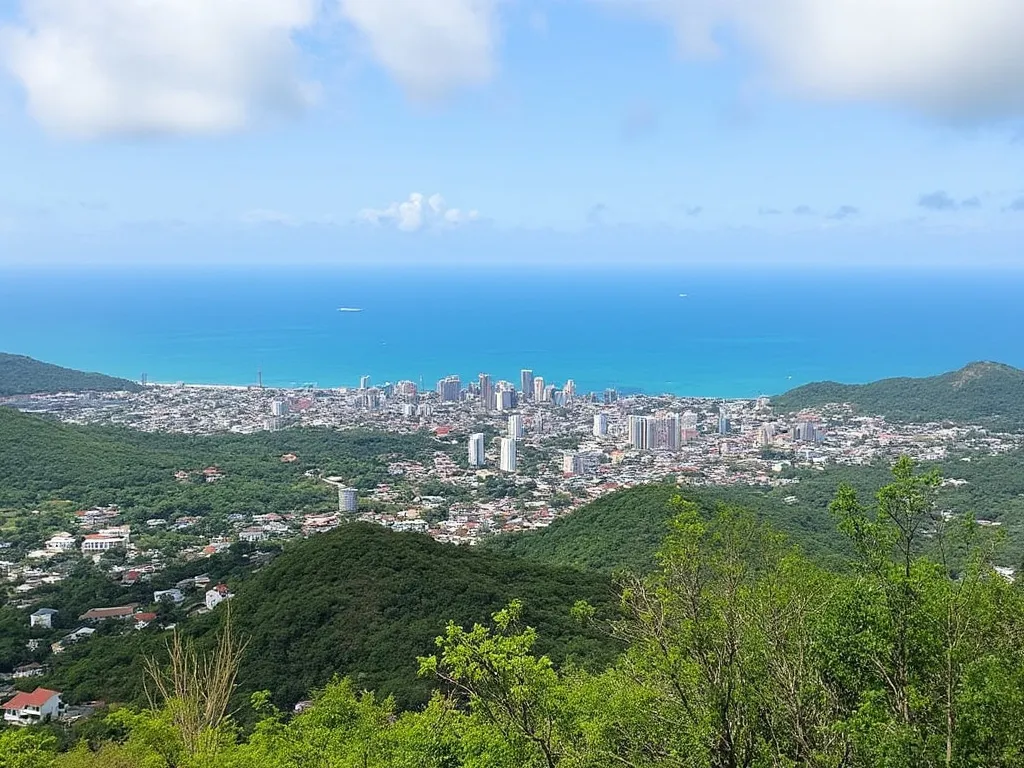
Freetown, the capital and largest city of Sierra Leone, is a bustling metropolis with a rich history and cultural heritage. Located on the Atlantic coast, Freetown is a major economic and financial hub in West Africa.
Freetown Information
| Country | 🇸🇱 Sierra Leone |
| City Population | 1,055,964 (2020 estimate) |
| City Coordinates | 8.4667° N, 13.2333° W |
| City Area | 357 km² (137.8 sq mi) |
| Climate | Tropical monsoon climate |
| Language | English (official), Krio, Mende, Temne |
| Currency | Sierra Leonean leone (SLL) |
| Time zone | Greenwich Mean Time (GMT) |
| Proximity to other major cities | Conakry, Guinea (345 km / 214 mi), Monrovia, Liberia (435 km / 270 mi) |
Historical Background of Freetown
Freetown was founded in 1787 by British abolitionists as a settlement for freed slaves from the Americas. The city's name is derived from the fact that it was a "free town" for these former slaves. During the 19th century, Freetown became a major center for trade and commerce in West Africa, with the British establishing a colonial administration in the city.
Geographical Location of Freetown
Freetown is situated on the Sierra Leone Peninsula, between the Atlantic Ocean and the Sierra Leone River. The city's geography is characterized by a mix of coastal plains, hills, and mountains. The nearby Sierra Leone River provides a source of fresh water and supports the city's fishing industry.
Cultural Significance of Freetown
Freetown is a culturally diverse city, with a mix of African, European, and Caribbean influences. The city is home to a variety of ethnic groups, including the Creole, Mende, Temne, and Limba. Freetown is also known for its vibrant music scene, with a blend of traditional and modern styles.
Economic Importance of Freetown
Freetown is the economic hub of Sierra Leone, with a diverse range of industries, including mining, manufacturing, and services. The city is also a major center for trade and commerce in West Africa, with a busy port and international airport.
Interesting Facts About Freetown
- Freetown is home to the Sierra Leone National Museum, which showcases the country's history and culture.
- The city is known for its vibrant markets, including the famous Big Market and the smaller, but equally colorful, Lumley Market.
- Freetown is home to the University of Sierra Leone, one of the oldest universities in West Africa.
- The city has a number of beautiful beaches, including the popular Lumley Beach and the more secluded River Number Two Beach.
Tourist Attractions in Freetown
- The Sierra Leone National Museum
- The Big Market
- Lumley Beach
- River Number Two Beach
- The Freetown Cotton Tree, a historic landmark and symbol of the city
Conclusion on Freetown
In conclusion, Freetown is a vibrant and culturally rich city that offers a unique blend of African, European, and Caribbean influences. From its historic landmarks to its beautiful beaches, Freetown is a must-visit destination for anyone interested in exploring the best of West Africa.
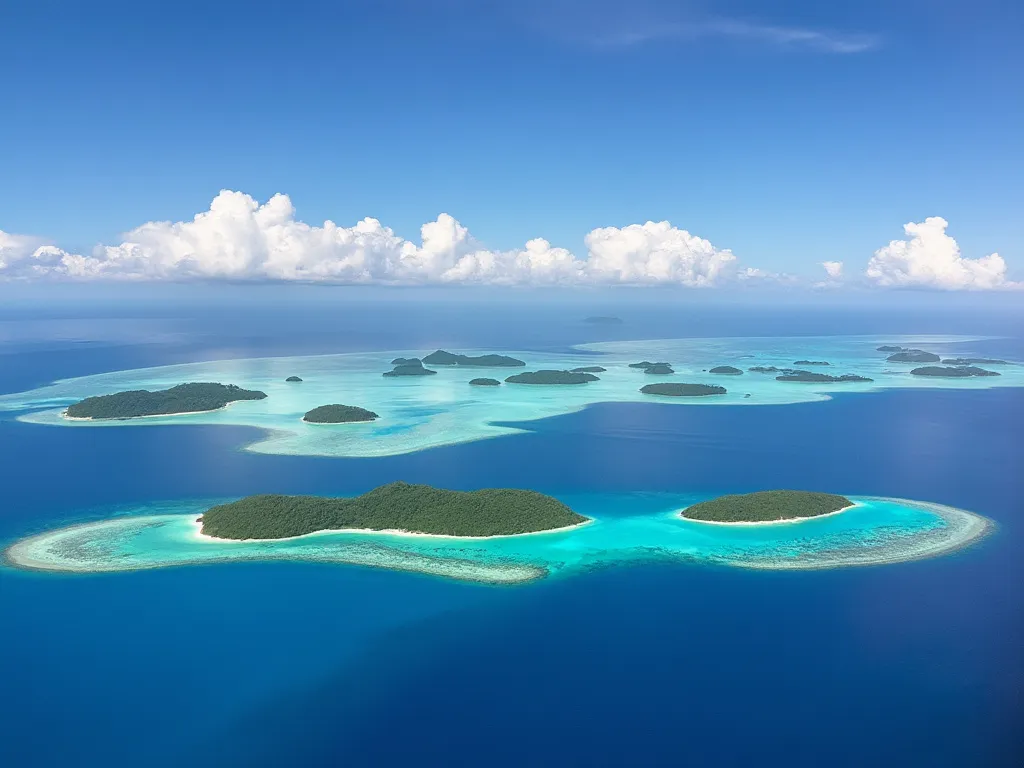 Funafuti
Funafuti
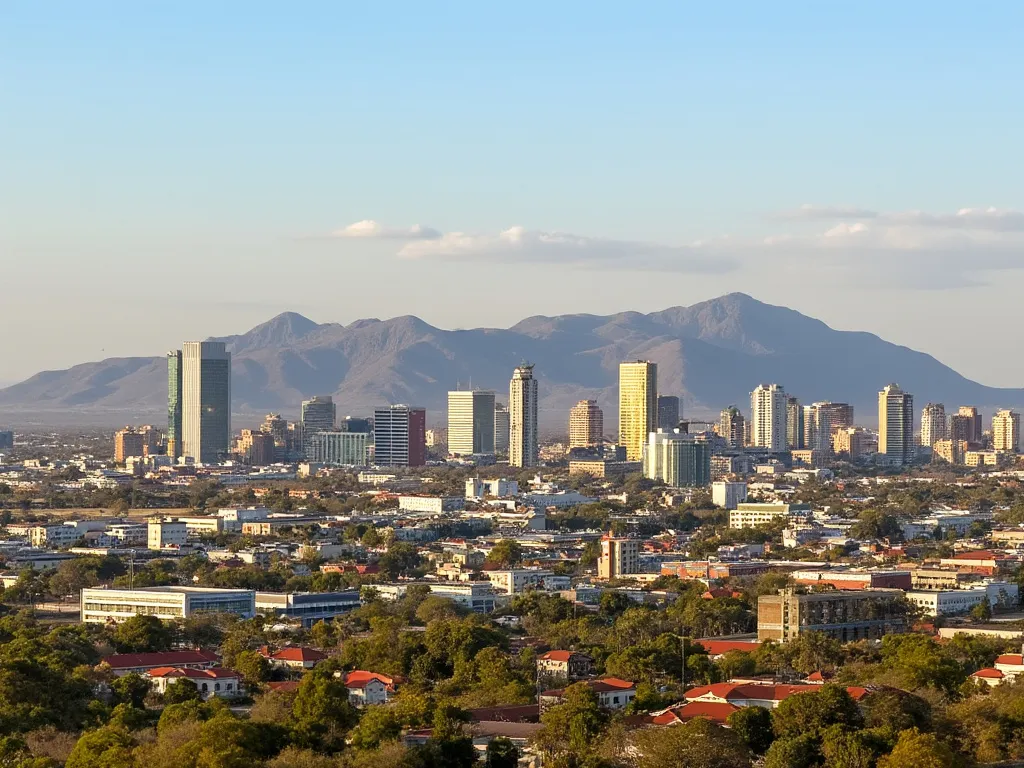 Gaborone
Gaborone
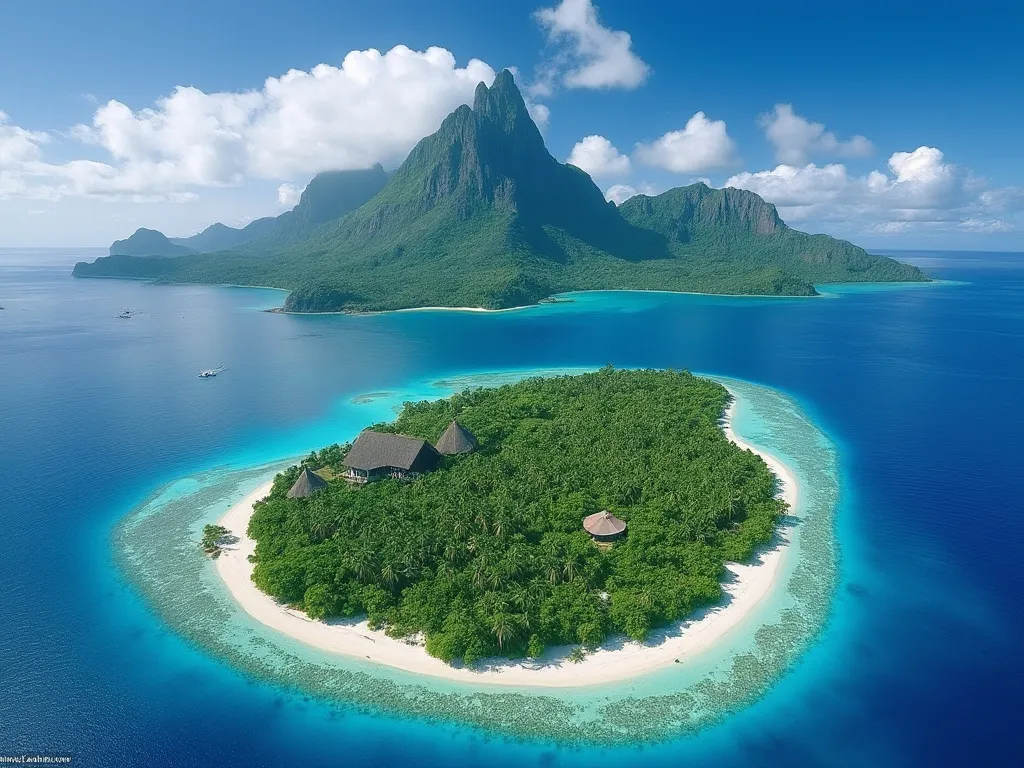 Fakaofo
Fakaofo
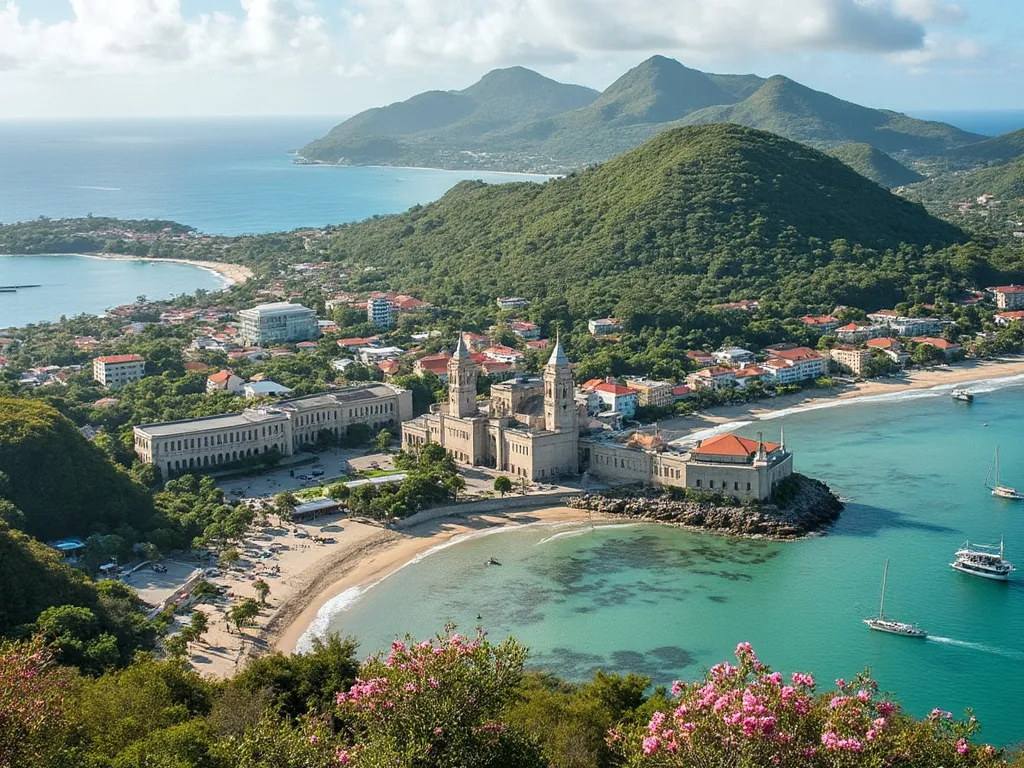 Fort-de-France
Fort-de-France